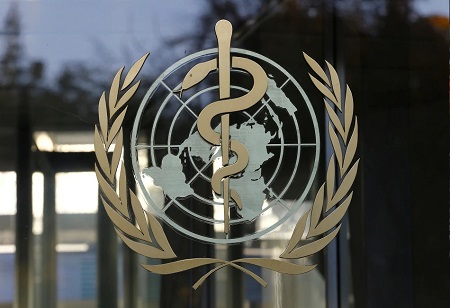India Pharma Outlook Team | Wednesday, 19 July 2023

Based on the most recent scientific information, the World Health Organisation (WHO) has updated its recommendations for total fat, saturated and trans fat, and carbs. The three new guidelines, Saturated fatty acid and trans-fatty acid intake for adults and children, Total fat intake for the prevention of unhealthy weight gain in adults and children, and carbohydrate intake for adults and children, include recommendations aimed at lowering the risk of unhealthy weight gain and diet-related noncommunicable diseases like type 2 diabetes, cardiovascular disease, and certain types of cancer. WHO stresses in its dietary fat guidance that both quantity and quality are crucial for optimum health. WHO reiterates that individuals should restrict total fat intake to 30% or less of total calorie intake.
Everyone above the age of two should consume mostly unsaturated fatty acids, with no more than 10% of total energy intake coming from saturated fatty acids and no more than 1% coming from trans-fatty acids from both industrially produced and ruminant animal sources. Saturated fatty acids can be found in fatty meat, dairy products, and hard fats and oils like butter, ghee, lard, palm oil, and coconut oil, while trans-fatty acids can be found in baked and fried foods, pre-packaged snacks, and meat and dairy products from ruminant animals like cows or sheep. Together with the WHO's previous guideline on limiting free sugars intake, the new carbohydrate intake guidance emphasises the importance of carbohydrate quality for good health. WHO has issued a new recommendation that carbohydrate intake for people over the age of two should be predominantly from whole grains, vegetables, fruits, and legumes.
The World Health Organisation recommends that individuals take at least 400 grammes of vegetables and fruits every day, as well as 25 grammes of naturally occurring dietary fibre. In first time guidance for children and adolescents WHO suggests the following intakes of vegetables and fruits: 2–5 years old, at least 250 g per day; 6–9 years old, at least 350 g per day; 10 years or older, at least 400 g per day. And the following intakes of naturally occurring dietary fibre: 2–5 years old, at least 15 g per day; 6–9 years old, at least 21 g per day; 10 years or older, at least 25 g per day. These new guidelines, together with existing WHO guidelines on free sugars, non-sugar sweeteners and sodium, as well as forthcoming guidelines on polyunsaturated fatty acids and low-sodium salt substitutes, underpin the concept of healthy diets.